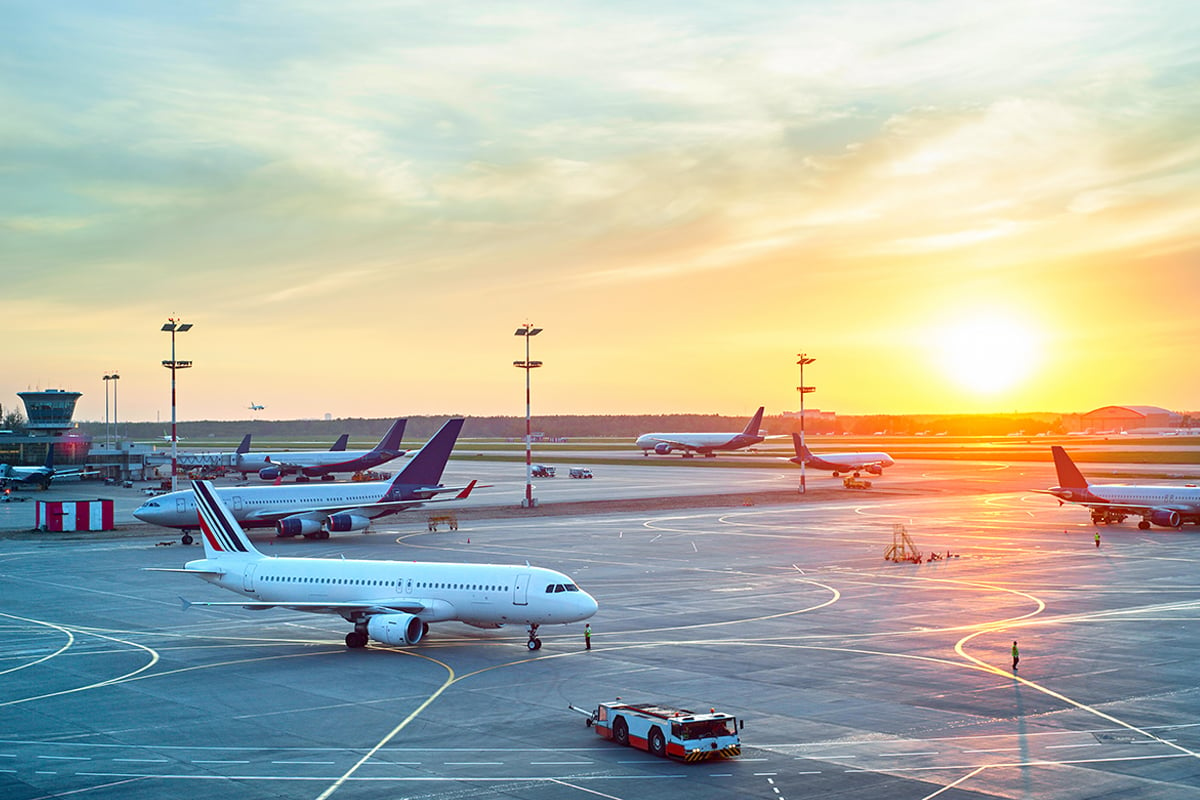The government is mulling over imposing stricter regulations on airlines’ hidden fees in a bid to enhance online shopping transparency.
A forthcoming public consultation aims to tackle companies that spring unexpected costs upon customers during checkout, subsequently raising the overall payment.
Airlines UK, however, contends that the industry already extends outstanding value to its patrons.
This initiative emerges as recent governmental studies reveal that such practices are prevalent across various sectors. Such undisclosed costs reportedly set back consumers by £1.6bn annually.
Set to commence on Monday by the Department for Business and Trade, this consultation period will span six weeks.
Throughout the booking process, airlines frequently present a multitude of additional offerings. These range from prioritized boarding to cabin baggage checks and seat preferences, often incurring extra costs.
The government has highlighted the phenomenon of “drip pricing”, where the final checkout price exceeds the initially displayed price due to mandatory added fees. This method is observable in sectors from ticketing to food delivery services.
The study revealed that nearly 75% of transportation businesses, covering both air and rail, incorporate concealed fees. Meanwhile, the entertainment sector and hospitality businesses show such practices at rates of 54% and 56% respectively.
In tandem, the government is also addressing issues of counterfeit reviews and misleading labelling through new consultations introduced on Monday.
Kevin Hollinrake, Business Minister, emphasized the importance of customers receiving “comprehensive and precise information upfront” prior to any purchase. He commented on the vast choices modern shopping offers, but how hidden fees and fake reviews often muddy these waters, causing consumer confusion.
Moreover, besides the initial booking fees, passengers might face unforeseen expenses at the airport if they don’t adhere to the airline’s stipulated terms.
A telling example involves an elderly couple, Ruth and Peter Jaffe, who faced a £110 charge by Ryanair for airport check-in and ticket printing due to an oversight on their part.
It’s evident that these “ancillary” offerings have grown pivotal in airline revenue models. The global revenue from such services surged from $40bn in 2013 to a staggering $103bn (£81bn) the previous year.
While airlines advocate that separating amenities from the primary ticket grants passengers both flexibility and cost-effective options, market experts like Susannah Streeter from Hargreaves Lansdown believe consumers would greatly benefit from price transparency.
Trade representative, Airlines UK, expressed its eagerness to participate in today’s consultation release.
Avoiding Extra Charges:
The digital space is now replete with guidance on circumventing excessive fees. Proven strategies include wearing additional clothes to bypass baggage charges, with a notable incident from 2019 highlighting a woman wearing 2.5kg of apparel during a flight. John Grant from OAG, an aviation data specialist, encourages travellers to buy all extras simultaneously to curb costs. Consumer advocacy group, Which?, recommends optimizing hand luggage and booking directly with airlines to avoid surcharges imposed by online travel agents.
In an age where digital advancements offer convenience and a myriad of choices, the push for transparency is ever-crucial. The aviation industry, like many others, has its share of complexities, and the proposed regulations aim to bridge the gap between businesses and informed consumers. As airlines continue to innovate and offer varied services, ensuring that customers understand what they’re paying for will be paramount. Such proactive steps from the government signal a larger movement towards a more transparent digital marketplace, where consumers can make educated decisions without fearing hidden costs.







